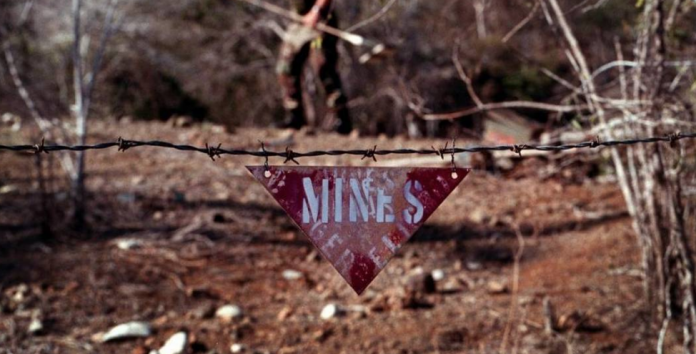
Speaking to betting industry news source – SBCNews, Bryan Blake the Founder of Chief Executive of Hexopay, a specialist in online gambling payment processing and risk assessments has detailed that all stakeholders should note caution when ‘chasing the US Holy Grail’.
Blake acknowledges that betting and payment parties are adjusting to the ‘entry stage’ of a liberalised but underdeveloped US betting market, in which state lawmakers are establishing laws whilst interpreting the mandate of the 1961 Wire Act – a difficult undertaking for any incumbent.
Though established US gambling casino have willing opened their enterprises to betting partnerships, Blake details that wider stakeholders in payments have acted cautiously, being forced to interpret the transactional provisions of the Wire Act.
“Following the PASPA strike-down, the United States, effectively unlocked he legislative key for states that wish to legalize and regulate sports betting within their borders to proceed and do so immediately. What this means: According to the text from the SCOTUS decision, “Congress can regulate sports gambling directly, but if it elects not to do so, each state is free to act on its own.” Blake tells SBC Audiences
“Potential implications of the US 1961 Wire Act, without online sports betting the market size lack lustre and the payment providers volume and predominant business is obtained via online or mobile sports betting channel. In addition, if the new DoJ Wire Act opinion is upheld by the courts, or actively enforced by the DoJ, the implication for the payment providers could lead to exclusion as by definition most payment processing traffic has traditionally been performed via interstate routing”
So whilst US casinos pursue betting and igaming options, to diversify their primarily land-based offerings, Blake notes that payment incumbents may remain somewhat stagnant second guessing the actions on the DoJ on Wire Act interpretations.
SBC asks the executive whether a 58-year old legislative mandate drafted before the digital age can/should be interpreted by any US gambling stakeholder?
In his reply, Blake responds that the DoJ has a history of following through on Wire Act principals – stakeholders should act that age is no barrier for impeding business
In 2001, Nevada legalized online gaming and several sites went live. However, the Justice Department issued a warning saying the activity was in violation of the Wire Act. The sites were quickly shut down.
To do the same thing now, shut down everything, would cause real complications for the gaming industry… this is a tough call























